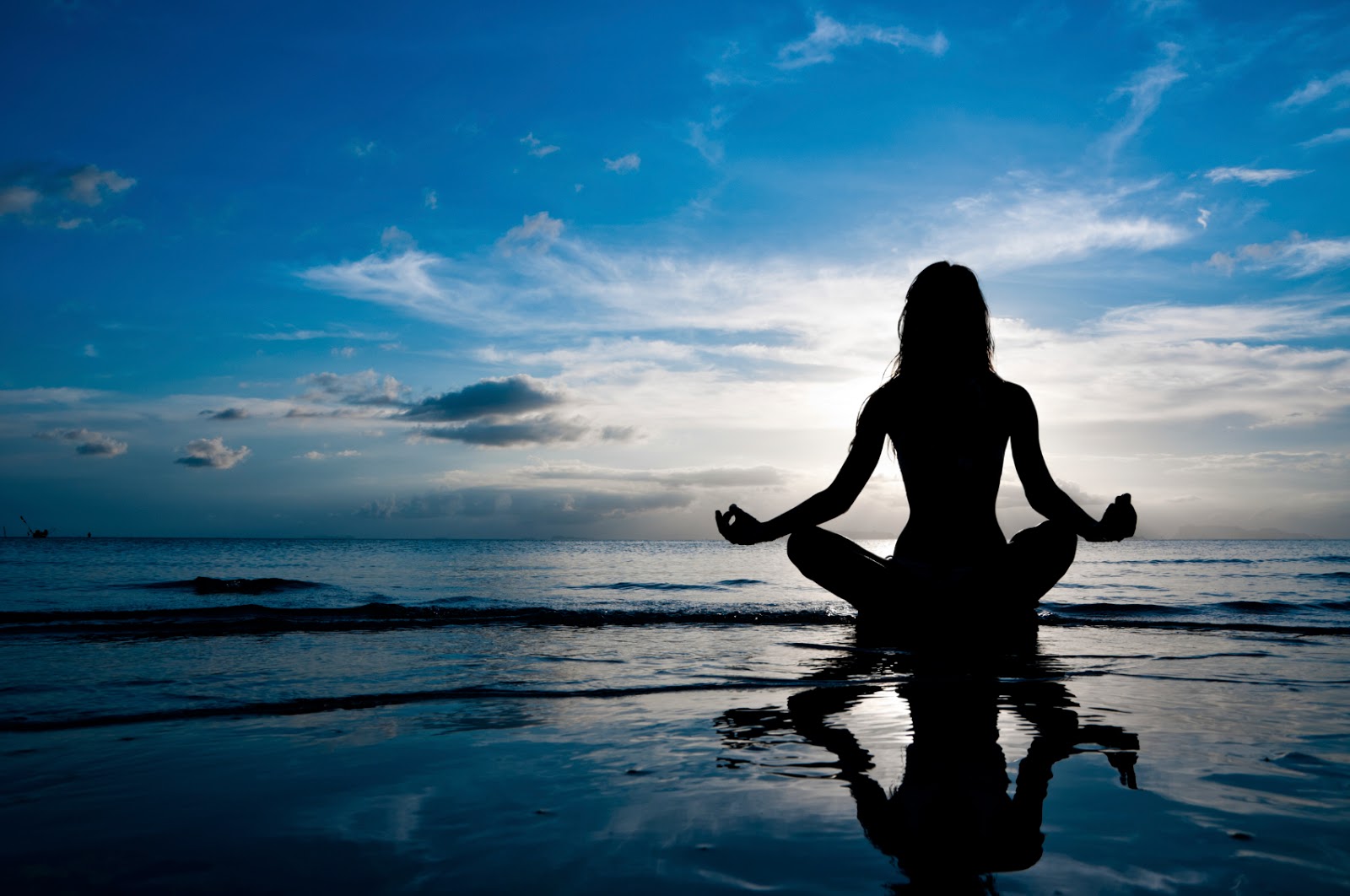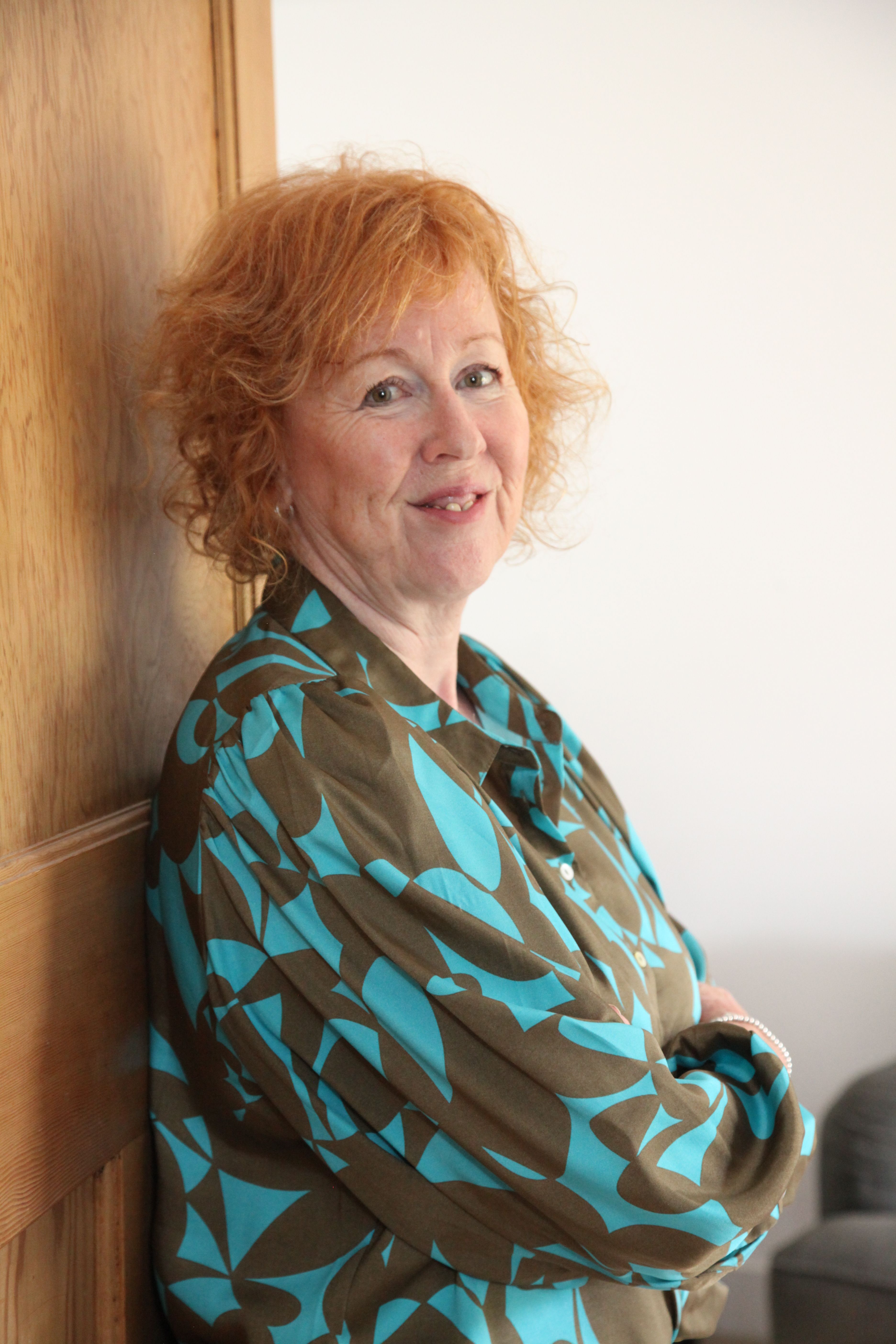How Your Body Influences Your Mind
We all know that the mind influences the body, but what about a body-mind connection?
Posted in Self development
Most people are aware of the mind-body connection—how your mental processes can affect your physical state. If you feel frightened, your heart races. Being embarrassed can cause you to blush. When you think of something happy, you are likely to smile. Meditating can lower your blood pressure. But what about the reverse—a body-mind connection? Can altering your physical state in some way affect your mental state?
Accumulating research is revealing that body position, postures, gestures and facial expressions can indeed influence how you think, feel and even behave. For example, if you wrinkle your nose, an odor may smell more unpleasant. Raise your eyebrows and you may be more surprised by something you read. How you physically lean may, oddly enough, affect your perception of size: Lean left and you're likely to think the Eiffel Tower is shorter than when you lean right. And though it may not have worked for Lady Macbeth, recent studies have found that handwashing can have a psychologically cleansing effect, lessening feelings of guilt and remorse.

What about poses for confidence?
Much of the research on the body-mind connection (called embodied cognition by researchers) has focused on various expansive (or "power") poses, which involve open positions, with arms and elbows away from the body and chin raised—as opposed to closed postures where the legs or arms are crossed, the head is down and the body slumped or slouched over. For example, in a small study published in the journal Psychological Science in 2010, people who sat or stood in expansive poses for just one minute not only felt more powerful and in charge, they also had an increase in testosterone and a decrease in the stress hormone cortisol. "By simply changing physical posture, an individual prepares his or her mental and physiological systems to endure difficult and stressful situations," the paper concluded.
In another study that year in the same journal, people who assumed open body positions (the ankle of one leg resting on the thigh of the other leg, and an arm resting on the back of a chair) were more likely to take action (pick a card) during a blackjack game and reported a higher sense of power than those in constricted positions (legs together, shoulders dropped, hands under thighs).
Just sitting up straight, a simple power pose, may increase self-confidence, according to a study in the European Journal of Social Psychology in 2009. Participants wrote down their strengths and weaknesses and described themselves in a variety of ways, including whether they were good candidates for a job. Those who did the task while sitting up straight, chest out ("confident" posture) rated themselves higher and had more confidence in their self-attitudes than those who sat slumped, with face looking down at knees ("doubtful" posture). That is, "fake it till you make it."
Power poses may also help lessen pain, suggested a study in the Journal of Experimental Social Psychology in 2012. People who assumed expansive yoga poses (standing with legs apart and arms raised) had higher tolerance to discomfort and pain than those in submissive (kneeling) or neutral poses (standing with hands at sides). The researchers concluded that even if you don't have control over your circumstances, you can behave as if you did by assuming a dominant pose, which, in turn, may decrease sensitivity to pain.
Words to the wise: Research on the body-mind connection, though still in its infancy, suggests that you may benefit by paying attention to how you hold your body. If you act as though you feel powerful and self-confident, you may achieve that actual feeling due to changes in body biochemistry.
Full article here.
As I mentioned in my introduction paragraph—take 20 minutes to watch Amy Cuddy's TED talkon 'Your body language shapes who you are'.
Want to receive more blogs like this, including special offers and inspirational updates directly to your inbox? Sign up to my newsletter here.

About Claire
Claire is a highly experienced and accredited Coach & Coach Supervisor. Passionate about helping people with their purpose, career, work, life. Being fulfilled in this every changing world.
Recent posts
Get updates
Sign up for updates – and get a copy of Career Insights, my guide to kickstarting your career, free.
Get updates
Share this page